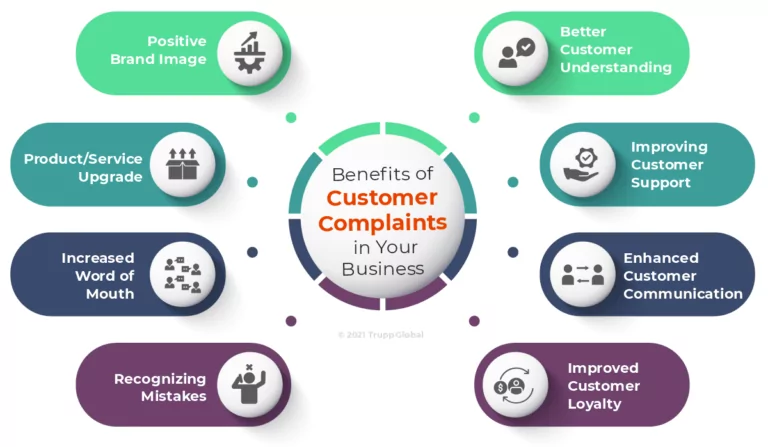@2021 invictIQ is a venture by Sprint Consultancy. All rights reserved. Privacy Policy.

The importance and benefits of dealing with concerns and complaints
by Mark Topps
I recently wrote for LinkedIn about how to handle complaints. Following this I spoke to a number of people. One thing that shone through was that whilst everyone I spoke to investigate their complaints, it was as if we all do it because we know that is the right thing to do as opposed to realising the importance and benefits for our organisations and teams. Here are my top three reasons as to the importance and benefits of dealing with concerns or complaints.
1.Improved Trust
Making a complaint is not something that comes natural or easy to most people and yes, we will all have somebody that we know that is a notorious complainer but put them to one side for a moment and think about how you feel when you make a complaint. For me I do not like it, I feel a sense of anxiety and embarrassment at having to raise something but I feel does not meet my expectation. The people you support, their relatives, stakeholders, your staff etc will be feeling the same. They will be letting you know that their expectation has not been met and of course it might not come across this way and they might be heated, they might be angry, they might be tearful and upset but that is the emotion behind their disappointment of not having an expectation met.
I remember going on complaints training when I worked on a pilot for the NHS and one thing that stuck in my mind was that a complaint is the opportunity for you to improve your commitment to somebody’s satisfaction and how doing this can improve trust and relationship.
Think about how you feel when you get a resolution to your complaint. For me it makes me feel that the organisation or brand has listened to me, that they have cared about the feedback I have provided and have tried to put measures into place to resolve this and ultimately it makes me feel heard. Think about your complainant, this is the same for them. They want to be heard and they want you to address the shortcomings or issue to experience a better service.
2. Unhidden Insights
I always like to look for a positive and a complaint highlights an area of your business that needs improvement. Complaints are often something that we do not notice as we are head down in the day-to-day operations and whether that is the delivery of care, poor communication, a process that is not working effectively or something else, it gives you the chance to take your head out of the game and to review what is happening and to be able to effectively deal with the complaint to turn a negative experience into a positive one.
Looking at another positive to come from complaints could be that it gives us data and I would recommend that you analyse all complaints and look for reoccurring issues or themes that you might not have noticed as this feedback loop is invaluable for refining your service and ensuring you meet or exceed expectation
3. Continuous Improvement
When a business embraces concerns and complaints as opportunities rather than nuisances, it fosters a culture of continuous improvement. Employees learn to value customer feedback and understand its importance in driving the business forward. This mindset encourages innovation and adaptation, ensuring that your business stays relevant, competitive and person-centred.
How you handle complaints can set you apart from other care providers. I am sure we all know people, whether staff or those we support who have left one company to come to yours because of an issue or shortfall and managing the expectations and complaints can be a powerful differentiator with people knowing they can rely on you to address their concerns.
Remember, dealing with concerns and complaints is not just about damage control or ticking a box, it is vital to build a successful and sustainable business.

Mark Topps is a social care leader who has worked in the care industry since 2004 and is currently working as a regional support manager. He regularly advocates, appearing on television, radio and podcasts and has started many campaigns for change in legislation and culture within the industry. Mark is the co-founder of The Caring View which is a social care podcast, YouTube show and free resource initiative for the sector. He also co-founded The Health and Social Care Club, which is an audio event hosted on LinkedIn. Mark is also the social media and marketing director at the National Association of Care and Support Workers.
Share
Sign up for our newsletter

